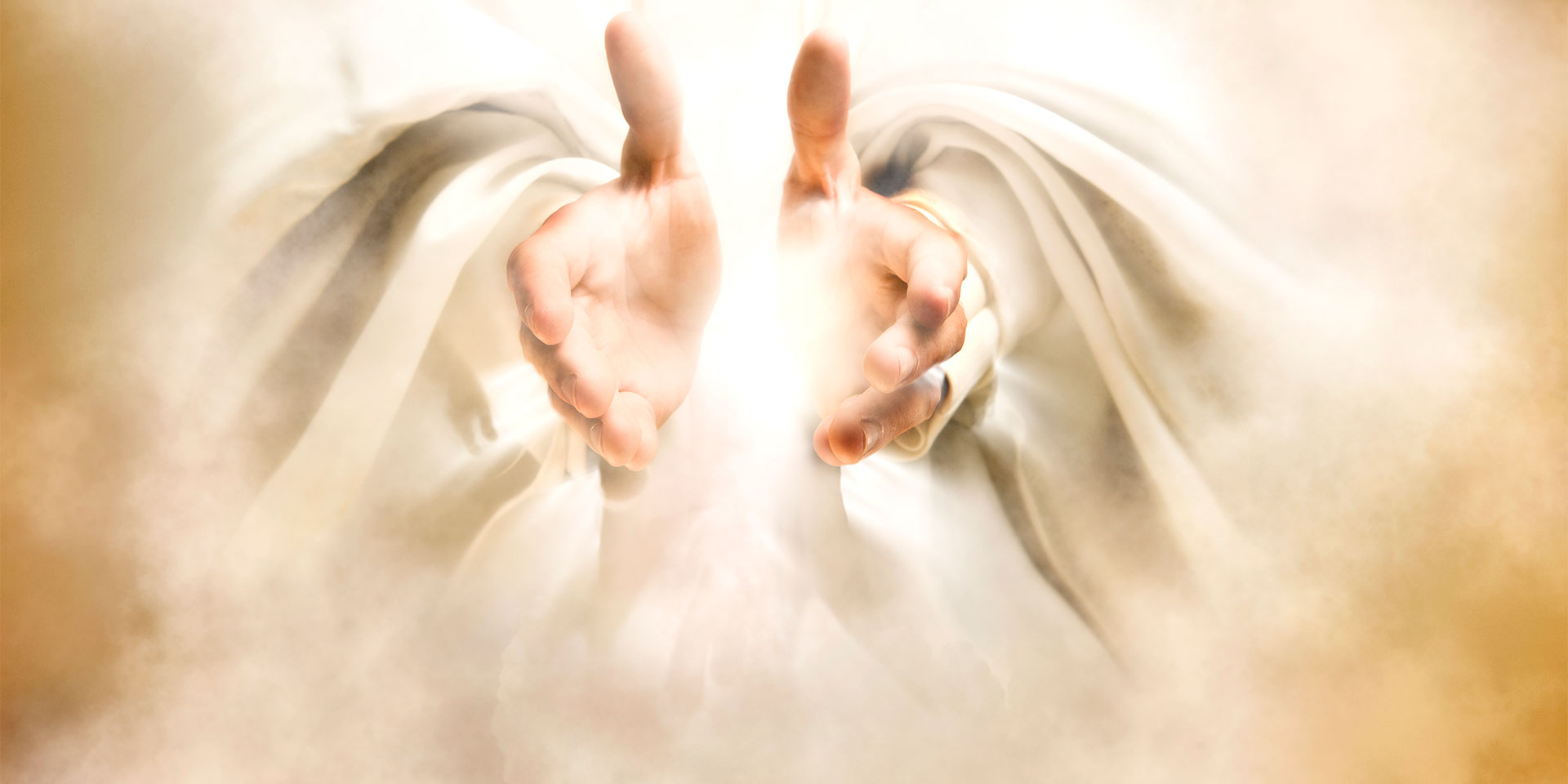“Truly I tell you, if you have faith as small as a mustard seed, you can say to this mountain, ‘Move from here to there,’ and it will move. Nothing will be impossible for you” (Matthew 17:20).
Hearing these words as a child had a discouraging effect on me: I used to think that I was doing much better when it came to faith. Over time, I began to realise how paradoxical Jesus’ words are to the human mentality. This probably happens because His justice is different to human justice, the divine reward is different to what we might expect, His mercy and grace are essentially inconceivable to us, and His love will always remain boundless to the human soul. Still, how can we acquire and cultivate faith?
Without aiming for a broad classification, I can say I noticed in those around me, and I have also experienced, some types of faith which I now regard as inauthentic.
First of all, there is the childish confusion between God and a kind of Santa Clause for grownups, who is endlessly being asked to give, give, give from his magic sack whatever the believer wishes for, from healing to the ability to break the law without any consequence. At the giver’s first “digression” He is disavowed and the spoiled believer’s faith is seriously shaken.
Then there is the wager faith, where the poor believer imagines he can challenge God to give the right answer, the only possible good one, and that this is the only way He will prove His existence. The danger here lies in the fact that, if a great suffering or a serious disappointment occurs, the petitioner declares God null and void.
There is also the trophy faith one uses to show off before others, or to receive acknowledgement, credit, institutional, or community advantages, and public or private worship. Any success is ascribed to this faith that only “good people” are able to exercise, and any failure is seen as a result of being sabotaged by “evil”.
The mystical-magical faith grows against the background of feeling special, or more generously gifted, compared to the rest of the world or to the people in your environment. The only evidence that is required are a few gestures, occasional fasts, incantations or meditation, and then miracles, divine help, and solutions will abound on the path of these spiritually privileged people. They even come to mediate (often for a price) for other poor souls, that are not and will never be special. Why would the world be thus divided? It’s a mystery. Where there’s no mystery, there’s karma!
There’s also prop faith, a type of faith we hold “ex officio”—that is, doing what we learned we need to do in order to get what we want and be shielded from unwanted outcomes, a kind of protection fee we occasionally pay because that is what we inherited from tradition, and ”Who are we to change tradition?” Nevertheless, if we somehow come to the conclusion that the ‘fee’ does not cover all the difficult situations, then we are willing to pay for other auxiliary forces. After all, it’s always good to have extra props.
Finally, I also came across the candle faith, the pious and helpless kind that keeps consuming itself. At times, it is self-extinguished, or it smoulders for years, without giving any light, without warming up the soul, and without significantly accompanying us through life. It is even kept as a secret sometimes, or disappears from our life.
However, in the Bible we are promised God will not extinguish this “wick” of faith if it is still burning (see Isaiah 42:3). This was also my opportunity, by acknowledging the fact that He wants us strong and efficient in our faith. What we once felt, when we were children or later on, in those moments of prayer or honest dialogue with Him, that warm, enveloping, protective, refreshing caress, is the moment when our faith is personalized. It becomes yours, for the God that is revealed to You, out of a great love in which you feel yourself wrapped, undeservingly included, and happy.
In such moments of grace, we can understand what we haven’t been able to understand throughout years of struggle. We understand that He is always with us, that we are not alone or forgotten, not even for a second; that the way in which He sees our wellbeing goes far beyond our ability to understand and that His view on our wellbeing is not always comfortable and convenient. We understand that we can also address Him with revolt, disappointment, desperation, but not with a lack of respect, because our respect shows that we grant Him the trust He deserves and that we know who He is.
Also read:
From here, the process of drawing close to Him and knowing Him can unfold in stages that depend on every person’s eagerness, consistency, and gratitude, but always with the awareness of the fact that we are very far from what we could be, considering all our vocations, the means and gifts God created us with. While faith the size of a mustard seed can move mountains, we are so small that we are satisfied with living inside a mustard seed. Still, His love keeps us alive, it waits for us…
When I became aware of my unworthiness but, simultaneously, of my worth in His eyes, I also wanted to become what to me seemed like the most beautiful identity and the highest goal that is worth chasing in life: a child of God. I prayed He would show me who His children are, how they are, how they talk, what they do, what they don’t do, and how they live. This is how I came to meet people who, in the past, wouldn’t have caught my eye or who would have not seemed fitted to my lifestyle. However, I joyfully discovered gems, harmonious personalities, clear minds like those of a child, generous souls that, without a doubt, carried within a divine signature. These are the ties of love that God uses to draw us near and I wished to be one for my fellows (Hosea 11:4).
I reconsidered my relationships with those around me. I appreciated the circumstances and people in my life differently. I looked at the past in another light.
There are over 30 instances in the Bible where people’s faith is connected to the idea of a miracle, or with “signs and wonders”. Most of them are evaluated in a positive way, as a phenomenon adjacent to those who strongly believe. Still, I have asked myself: why did the Saviour utter this rebuke: “Unless you people see signs and wonders, you will never believe” (John 4:48).
I realized that, although these signs and wonders that happen to us are very important because they make us feel that God personally intervenes for us, that He shows His concern for each and one of us, they cannot permanently sustain our faith. They occur unexpectedly, are meteoric in the trajectory of our world, and they do not follow a system or a certain pattern that can help us make decisions. God wants us to act rationally in rational situations—that is, He expects us to submit our consciousness to His plans for us. “Your will be done!” means faith, not defeatism.
Only then was I able to better understand the way Jesus formulated the greatest command: “Love the Lord your God with all your heart and with all your soul and with all your mind and with all your strength” (Mark 12:30). Our feelings and emotions fluctuate, our strength and moods change sometimes, but our mind can be that stable and profound background, where we permanently keep our connection and relationship with God in all that we experience. This is the support of authentic faith: the love of God that has not only permeated our soul, but also our mind, thoughts, and consciousness.
And this faith is God’s gift, if we wish and ask for it. The ball is in our court. The least we can do, inside our mustard seed, is to ask the One who gives us everything to also increase our faith.




















